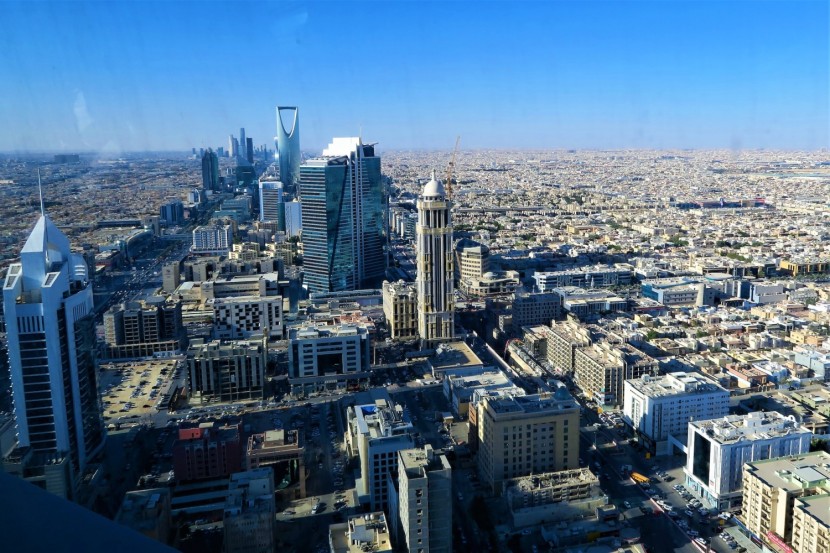Saudi Arabia has unveiled a 30-year tax exemption program for multinational firms that set up regional offices in the country. This is the most recent step in its relentless push to entice international investment and employment.
In a news release, the state press agency said: "The Ministry of Investment of Saudi Arabia, in coordination with the Ministry of Finance and the Zakat, Tax and Customs Authority today announced 30-year tax incentive package for The Regional Headquarters (RHQ) Program, to further streamline the process for multinational companies (MNCs) to establish their RHQ in Saudi Arabia."

The RHQ Campaign
Companies may take advantage of a 30-year 0% corporation tax rate guarantee starting on the day they get their RHQ license.
According to the statement, the program is designed to entice multinational corporations to establish their regional headquarters in Saudi Arabia. The goal is to position the Kingdom as the premier commercial, industrial, and investment hub for the Middle East and North Africa (MENA). To achieve this, the program offers various benefits and premium support services that enhance the Kingdom's value proposition on a global scale.
Reportedly, more than 200 corporations have been approved to operate their regional head offices in Saudi Arabia under the RHQ initiative.
Saudi Arabia's RHQ effort is part of Vision 2030, initiated by Crown Prince Mohammed bin Salman in 2016, to generate private-sector employment and diversify its economy away from oil as its population grows.
Initial Reactions
When the Saudi government initially announced its RHQ campaign in February 2021, it drew the attention of investors and caused controversy. The campaign threatened to ban foreign companies from doing business with state entities unless they established a regional headquarters office in Saudi Arabia by the beginning of 2024.
CNBC said investors and expat workers were taken aback by the announcement since they saw it as a direct attack on Dubai, which is the commercial center of the United Arab Emirates and the location of the majority of regional offices in the Middle East.
Ministers from Saudi Arabia reaffirmed the ultimatum in October, saying that foreign corporations would be cut off from lucrative government contracts unless they establish regional offices in the country by January 1, 2024.
Despite Saudi Arabia's reputation as a human rights abuser and notoriously strict Muslim theocracy, many international investors remain wary about the country's capacity to entice top talent.
Residents of the regional headquarters in Dubai are skeptical about Saudi Arabia's capacity to provide their basic needs, such as adequate housing, excellent education for their children, and access to more Western lifestyles, such as alcoholic beverages (which are now forbidden in Saudi Arabia).
Nevertheless, seven foreign K-12 schools have announced the opening of campuses in the Kingdom, seemingly addressing the worries of many expat workers who were worried about the availability of international schools for their children.








